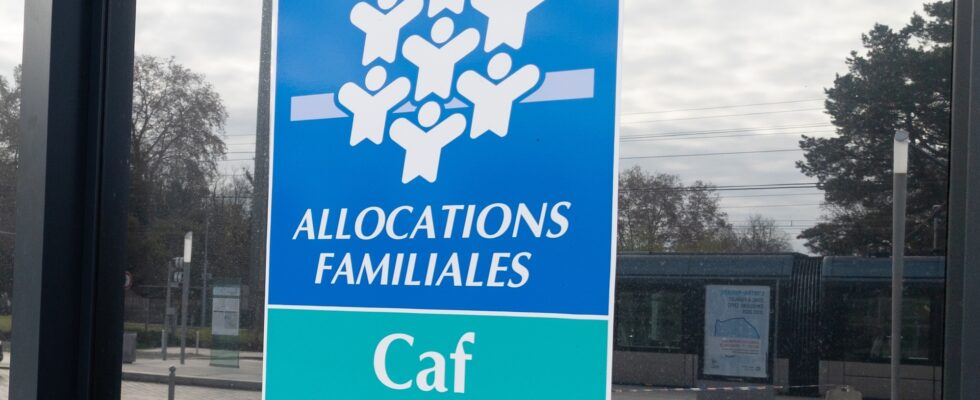The government wants to grant more powers to the Family Allowance Fund to tighten the conditions for obtaining social assistance and avoid fraud.
Asked about the length of annual residence on French soil to receive the minimum old age on television this week, Gabriel Attal, the Minister Delegate in charge of Public Accounts, indicated that he was working on a device which would allow the various family allowance funds to have reinforced access points intended to verify that the recipients of social assistance are indeed on French territory.
The government wants to facilitate access to airline files…
While social fraud is estimated at more than 350 million euros to the French State in 2022, the executive is working on mechanisms that would allow it to restore a certain balance, in particular by entrusting the power to CAF to access airline files.
Thanks to this data, the funds could check whether the beneficiaries of various aids, such as the RSA, the APL or the minimum old age (minimum social benefits paid by the CAF), are indeed on French territory.
Today, the law requires that an individual resides at least eight months on French soil, to claim APL, personalized housing assistance. To collect the RSA, you must reside nine months in France. And for the minimum old age and family allowances, you have to live six months in France.
…but can the CAF and CPAM have the right to do so?
The Republicans wish to align the annual duration of residence in France to claim the minimum old age with that necessary for the payment of the RSA, i.e. nine months. On the government side, we are in favor of this proposal. Gabriel Attal goes even further, claiming to want to extend the minimum period of residence on French soil for all social minima and other social allowances.
To operate better control over recipients, the CAF and Social Security could therefore have access to PNR files, which allow the collection and sharing of personal data of air passengers. This PNR file, approved by parliamentarians in 2016, is of European origin and is supposed to offer, basically, passenger traceability in the context of the fight against terrorism and organized crime.
The PNR data make it possible to know all the outward and return flights of the passenger, the connections if there are any, the means of payment used and even the particular services which he could benefit from. It can only be consulted today by the police, gendarmerie and customs services in very specific cases, as well as by the intelligence services. Entrusting access to this file to organizations (CPAM, CAF etc.) responsible for a public service mission would pose a serious legal problem which the CNIL could quickly take up. It therefore seems, at this stage, difficult to achieve.
Source: BFM-TV, CNIL

62